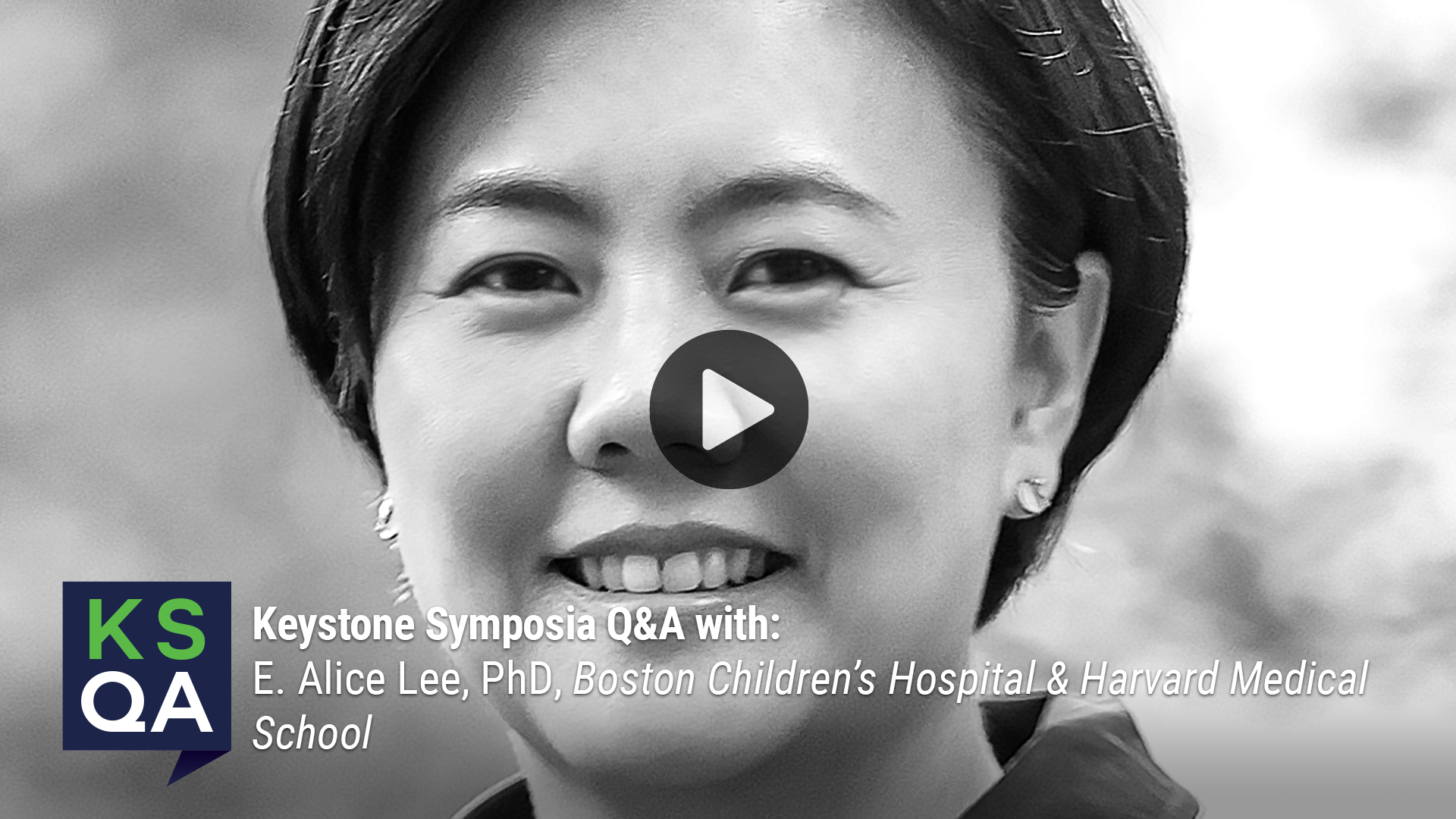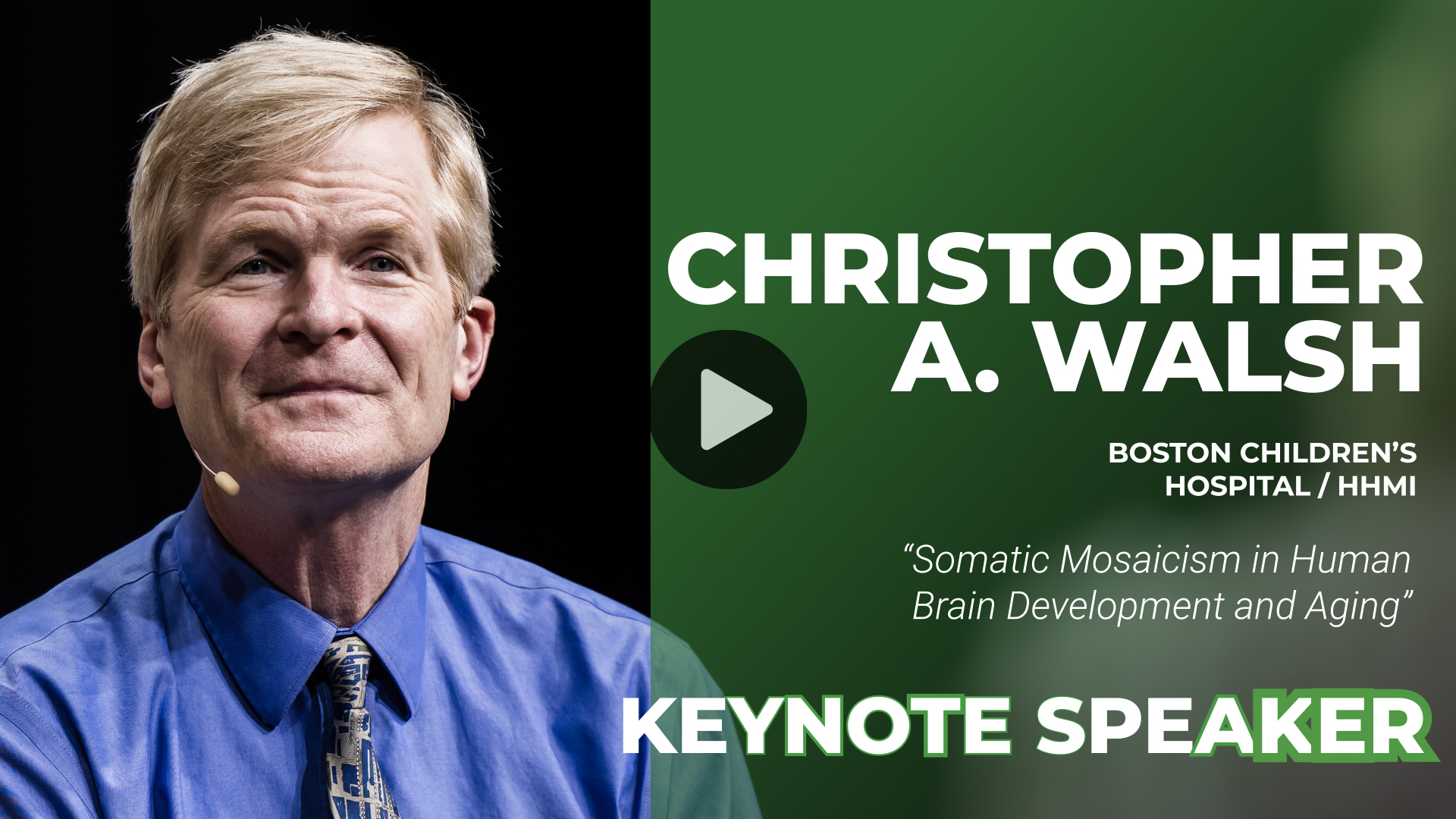Feb 17–20, 2025 | Beaver Run Conference Center, Breckenridge, CO, United States
Scientific Organizers:
Jeong Ho Lee, E. Alice Lee and Peter Campbell
Feb 17–20, 2025 | Beaver Run Conference Center, Breckenridge, CO, United States
Scientific Organizers:
Jeong Ho Lee, E. Alice Lee and Peter Campbell
Important Deadlines
Meeting Summary
The study of somatic mosaicisms has provided new insight into our fundamental understanding of human development, aging, and diseases. The comprehensive analysis of somatic mosaicism allows us to trace lineage evolution from the fertilized egg to human embryo to adult organs, along with defining the developmental and aging process at single-cell resolution. Furthermore, somatic mosaicisms have been identified as the genetic source of many human diseases with previously unknown etiology.
This meeting will serve as a forum for exchange of emerging research concepts and directions in the field of somatic mosaicism, and provide an opportunity for new investigators to enter this exciting new field. The meeting will integrate diverse aspects of somatic mosaicism, from mechanisms to translational disease insights. Specifically, the program will cover:
- the development of new sequencing and bioinformatic tools for accurately detecting somatic mosaicism;
- the involvement of somatic mosaicism in human development and aging;
- somatic mosaicisms in disease biology, and modeling thereof;
- translational efforts to help patients with somatic mosaicism driven diseases.
This meeting will bring together scientists and clinicians from developmental and aging biology, bioinformatics, systems biology, molecular and genetic biology, medicine, and the pharmaceutical industry to collaboratively explore the intersection of these diverse fields and collectively advance our understanding of somatic mosaicism in health and disease.
Meeting Co-Organizer, E. Alice Lee, talks about why you should attend this meeting in the video below:
And check out the speaker highlights below:
Unique Career Development Opportunities
This meeting will feature a Career Roundtable where trainees and early-career investigators will have the opportunity to interact with field leaders from across academic and industry sectors for essential career development advice and networking opportunities. Find out more about Career Roundtables here: https://www.keystonesymposia.org/diversity/career-development-initiatives
SPECIAL RECOGNITION:
KEYSTONE SYMPOSIA THANKS OUR SPONSOR(S) FOR GENEROUSLY SUPPORTING THIS MEETING:
KEYSTONE SYMPOSIA THANKS OUR MEETING EXHIBITOR(S):
KEYSTONE SYMPOSIA THANKS THESE DONOR(S) FOR GENEROUSLY SUPPORTING THIS MEETING:
THESE COMPANIES HAVE GENEROUSLY AGREED TO COVER THE EXPENSES OF THEIR EMPLOYEES WHO ARE SPEAKING AT THIS MEETING:
GRANT RECOGNITION:
Federal Funding provided by the National Institutes of Health:
Funding for this conference was made possible (in part) by 1R13HG014113-01 from the National Human Genome Research Institute (NHGRI). The views expressed in written conference materials or publications and by speakers and moderators do not necessarily reflect the official policies of the Department of Health and Human Services; nor does mention by trade names, commercial practices, or organizations imply endorsement by the U.S. Government.
To access the NIH Safe Environment Policy, please click here.
KEYSTONE SYMPOSIA THANKS OUR GIFT-IN-KIND MEDIA SPONSORS
Subscribe for Updates

